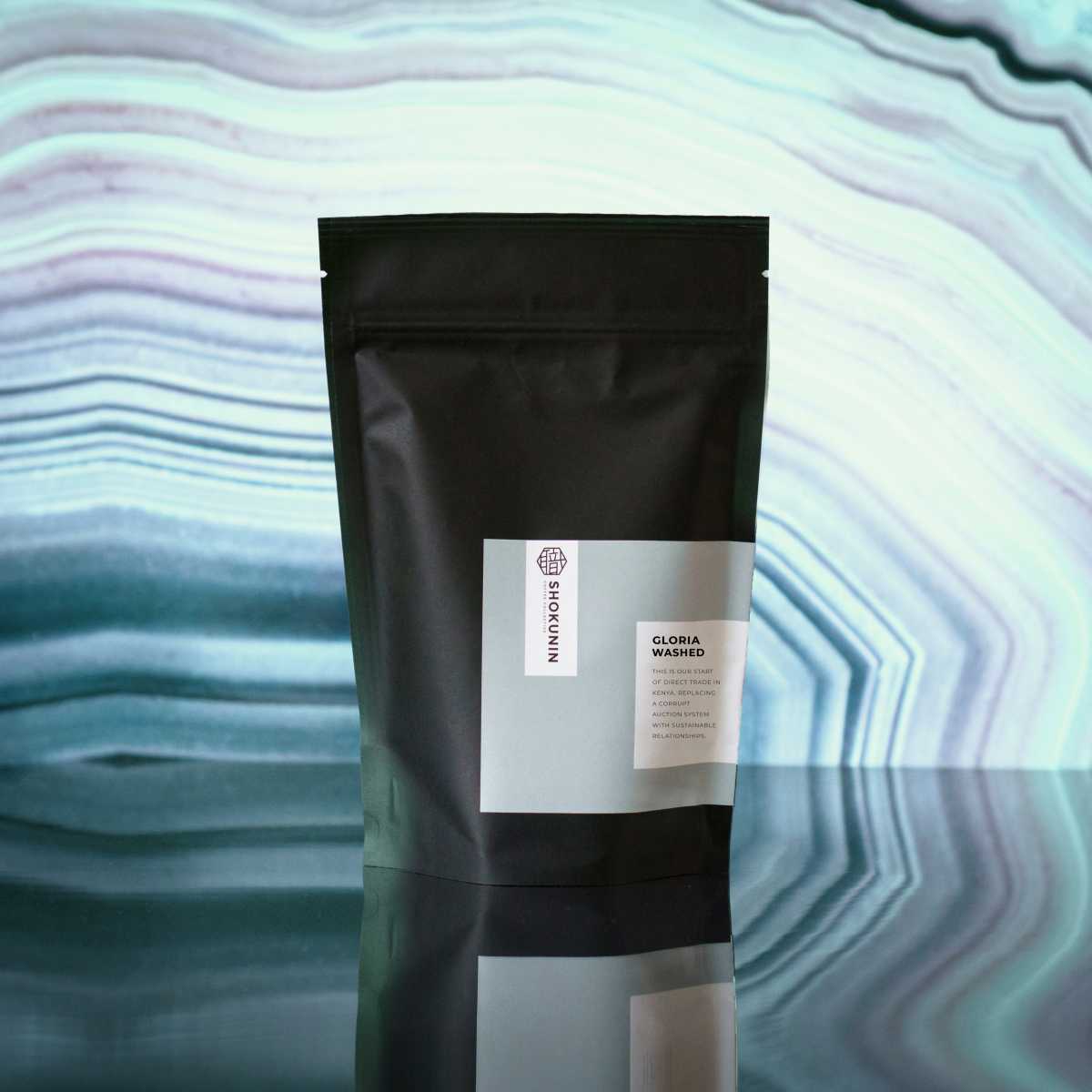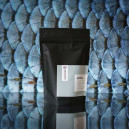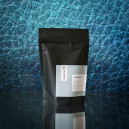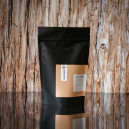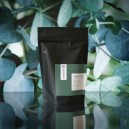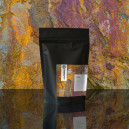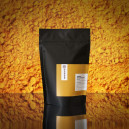Gloria Ruby Washed
This is our start of direct trade in Kenya, replacing a corrupt auction system with sustainable relationships.
Region: Nabiswa, Kenya
Altitude: 1,800 m.a.s.l.
Variety: SL28, Ruiru 11
Processing: Extra ripe cherry selection, fully washed, 3 x 24hr fermentation, dried on raised beds
Additional information
| Weight | N/A |
|---|---|
| Region | Bensa, Sidama, Ethiopia |
| Altitude | 2,400 m.a.s.l. |
| Variety | 74/158, 74/110 and Setami |
| Processing | 72hr fermentation, dried on raised beds |
| Flavour | Floral aromas like jasmin and passion fruit. Juicy sweetness like peach. Silky body like caramel and earl grey tea. |
Jelle's Notes
For a long time it was nearly impossible to trade directly with Kenya. When This Side Up told me the market had finally opened, I jumped in right away. Kenya is such an interesting origin, and I wanted to work with it in a more personal way. That was about four years ago, and since then I’ve been collaborating with Gloria directly and through This Side Up.
Most Kenyan coffees come through large washing stations, which makes it hard to give feedback or build something together. Gloria stood out because she was open to experimenting, improving quality, and working closely with others in her village. She has become the central figure in her community, and it has been rewarding to compare lots, share feedback, and learn from each other.
Ruby Washed is a result of working directly with Gloria and experimenting. The cherries were picked at an extra ripe stage, hence the name ruby red, and underwent extended fermentation, resulting in a distinct flavor profile. It was clearly a step up from earlier lots, and that gave us both a reason to keep going.
Gloria’s coffee stands out with more body than you’d expect from a Kenyan profile. It is still fresh and floral, but with a cacao-like weight that makes it easier to use in espresso. Classic Kenyans can work beautiful as espresso, but they are often brighter and more acidic, which requires a careful hand. Gloria’s lots are more forgiving, with a fuller body and a softer finish.
Producer
The value chain
The infographic below shows what the monetary value chain with this producer roughly looks like. This changes slightly per year based on volume and quality but is usually reliable over the years.
Key achievements
2021 First independent export.
The microlots
The story
Sakami Coffee is one of the most environmentally sustainable coffee farms in Kenya, founded in 2004 by Gloria and Jarmo Gummerus. It has a wet mill that is fully powered by solar panels. They grow a couple of different varieties (SL28, Batian, Ruiru11 and K7) according to permaculture principles that keeps the land and the other flora healthy. They consciously process waste products like cascara and residual water from the washing into organic compost. This way, they also try to inspire other farmers in the vicinity to produce more sustainable coffee, both environmentally and financially.
Pricing
Price Breakdown
For us, sourcing coffee isn’t just about finding the right flavour, but more about finding the right people. We want to work with importers who are interested in building lasting relationships with the farmers and stay involved beyond the harvest. For this coffee, we’ve partnered with This Side Up. They represent producers directly, support long-term systems, and make sure pricing reflects the real work behind each lot. Their model is built on transparency, shared ownership, and a refusal to let commodity pricing define value. We pay more, but we know where it goes. That’s how we prefer to source our coffee.
€11.37
€11.66
How is this built up?
€8.10
€0.56
€0.59
€0.70
€0.06
€1.65

